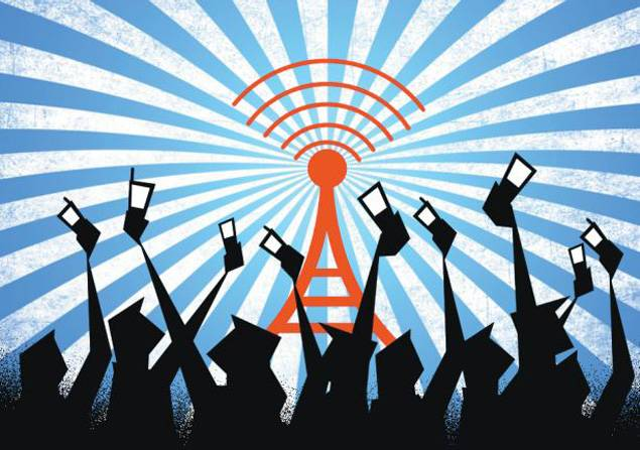
How does internet access improve lives in developing countries?
Internet access can help to improve access to information, opportunities, and services, and can contribute to the overall well-being and development of communities in developing countries. Five examples include:
- Education: Internet access can provide people in developing countries with access to a wealth of educational resources, including online courses, educational videos, and other materials. This can help to improve the quality of education and expand opportunities for learning, especially for people in remote or underserved areas.
- Employment: Internet access can help people in developing countries to find and apply for jobs, as well as connect with potential employers and clients. It can also enable people to start and run their own businesses, providing a source of income and economic opportunities.
- Healthcare: Internet access can provide access to health information and resources, including telemedicine services, which can improve access to healthcare and lead to better health outcomes.
- Communication: Internet access can help people to stay connected with friends and family, and to access news and information from around the world. It can also facilitate the exchange of ideas and facilitate collaboration with others.
- Political participation: Internet access can provide a platform for people to engage in political discourse and participate in the democratic process, helping to promote transparency and accountability in governance.
Apply Now: $800,000 for IPv6 Deployment in the Asia Pacific Region
IPv6 address space is a public resource that must be managed in a prudent manner for the long-term interests of Internet access. Responsible address space management...
12 Ways to Manage Digital Risks to Refugee Community Connectivity
Connectivity initiatives, which entail the provision of internet and mobile access, can positively impact the lives of crisis-affected people, especially refugees,...
Surprise! Skilled Young Men Benefit Most from 3G Mobile Internet Access
Enabling universal access to the internet is deemed as a critical step towards achieving prosperity in developing countries.The digital landscape in Sub-Saharan...
5 Reasons Rural Entrepreneurs Do Not Use Digital Services During COVID-19
Digital services have the potential to improve rural entrepreneurs’ access to wider markets and increase their competitiveness among other benefits. Moreover,...
Apply Now: $300,000 for Your Open Source Internet Freedom Initiatives
In the COVID-19 era, connectivity is a necessity. Virtually all human activities – business, education, healthcare, politics, socializing – have moved...
Apply Now: $635,000 for African Academic Research on Digital Inclusion
Information and communication technology infrastructure has proven vital in helping countries and consumers adapt and respond to the pandemic. ICTs have enabled...
6 Ways Asia Pacific Countries Can Use LEO Satellites for Internet Access
Satellite communication plays a necessary role in the global connectivity ecosystem, connecting rural and remote populations, providing backhaul connectivity to...
4 Ways Civil Society Can Improve Digital Security Practices
Over the past two decades, journalists and activists have become dependent on the internet and digital platforms for communications, organisation, and the amplification...
Apply Now: $70,000 Seed Funding for Your Internet Access Ideas
The COVID-19 pandemic significantly exacerbated the already profound implications of having 3.7 billion unconnected people across the globe. Unconnected populations...
5 Lessons Learned From Investing in Libraries for National Development
Beyond Access was the first major global attempt to connect the international development and public library worlds. Taking the form of a series of projects in...










